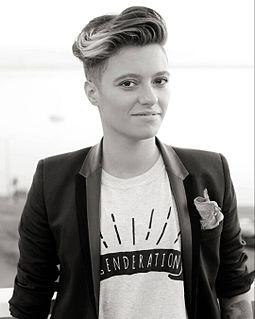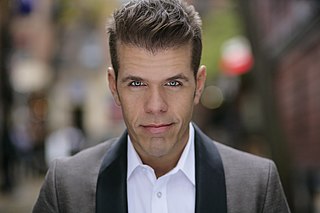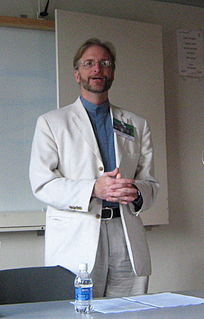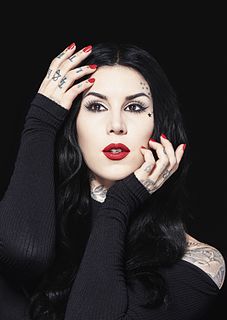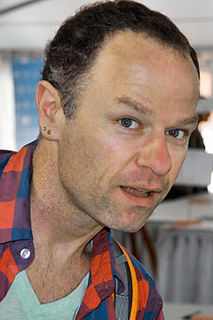A Quote by Gillian Flynn
One of my rules about writing exercises is you never are allowed to put them in your book because it's just too tempting. You try to shoehorn things that don't belong.
Related Quotes
There's a great temptation to throw things in, as you put it, that you think are neat, or that you have a very clear, specific memory of and think you could do a good job writing about. What I find is that it's like a seed you plant. You can try it, and if it will grow and connect with other ideas in the book, and you can see connections that you can actually realize on the page, then you're allowed to leave it in. But if it just kind of lies there and doesn't really add up to anything or there's no chemistry with everything else going on in the book, then you have to take it out.
The whole thing of working in all these different mediums, it's just so that I can always be playing hooky from one of them. I can always be rebelling against my boss. Like, I'm supposed to be writing this book, but - heh heh heh - I'm writing a movie, secretly. I'm procrastinating, and in my off-hours I'm working on this movie that I'm not allowed to do, because I'm supposed to be writing a book!
I try to write every day. I don't beat myself up about word counts, or how many hours are ticking by on the clock before I'm allowed to go and do something else. I just try to keep a hand in and work every single day, even if there are other demands or I'm on a book tour or have the flu or something, because then I keep my unconscious engaged with the book. Then I'm always a little bit writing, no matter what else I'm doing.
... The Book is more important than your plans for it. You have to go with what works for The Book - if your ideas appear hollow or forced when they are put on paper, chop them, erase them, pulverise them and start again. Don't whine when things are not going your way, because they are going the right way for The Book, which is more important. The show must go on, and so must The Book.
I'd never put much thought into writing an autobiography before, because while I have this public persona of being extremely confident, I also am extremely filled with self-doubt, worry and insecurity. This book came about because I was trying to sell another book, unsuccessfully, about health and wellness.
I didn't quite know whether I was writing for the non-Muslim or the Muslim, and at the end of the day I'm writing, I hope, for people who are interested, whatever their faith. Even if they don't have any faith. As a barrister I had certain advantages - I could think like a lawyer and I knew how all the laws were fitted together and all the rest of it. One of the things I realized pretty early on while I was writing book about Shari'a was that that was as much a hinderance as it was a help because the Shari'a isn't just a system of rules.
That’s why you have to write your book right now, if that’s what you want to do. If you wait until you have the time, and the security, you might not want to do it. You’re in a race against your own enthusiasm. Don’t put it off because someone told you it’s never too late. That’s the worst lie. It’s never too late today, but it’s often too late tomorrow.
When a series is doing well, it's very tempting to keep writing it, even when the creative well is drying up. It's tempting because that's where the money is. I've had to be very careful; as soon as I think I'm getting close to that dry well, I wrap the series up. I don't want to just keep writing something because it sells.

